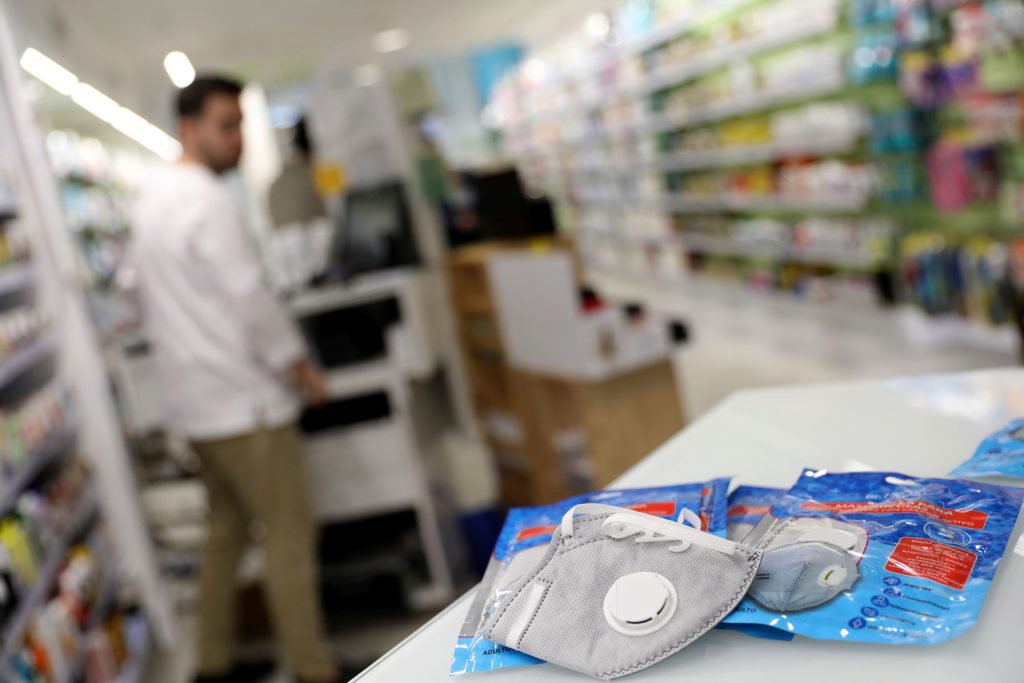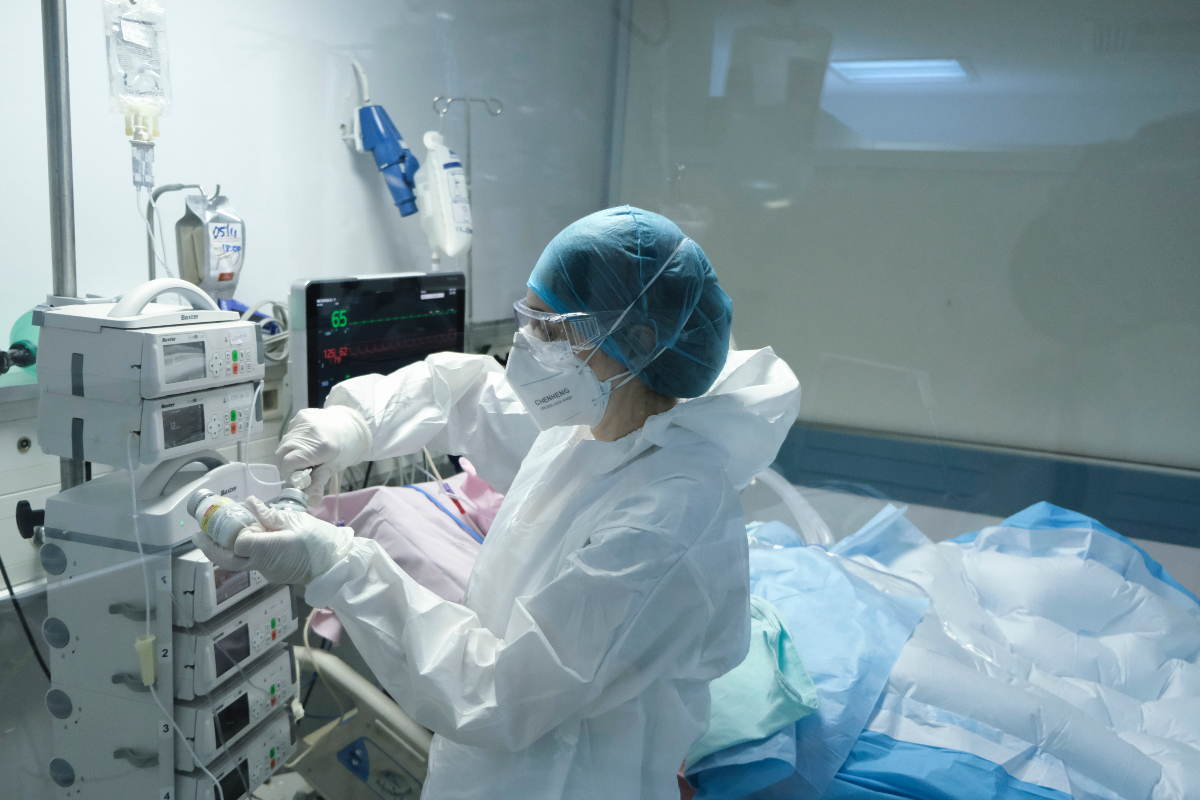The first confirmed case of Human Metapneumovirus (HMPV) has been detected in Thessaloniki, Greece, according to ERT.
The patient is a 71-year-old man whose daughter recently traveled to China for the holidays. A few days after her return, the father began feeling unwell and sought care at a private clinic before being admitted to Papageorgiou Hospital in Thessaloniki when the severity of his condition worsened. Currently the man is intubated.
According to reports, the 71-year-old underwent a PCR test on Saturday, January 4 and was confirmed to suffer from HMPV on Monday, January 6.
Since the diagnosis, authorities have commenced contact tracing, as he was being treated in the First Pulmonology Clinic in a ward shared with two other patients. After testing positive, he was transferred to an isolation unit.
Meanwhile, scientists in Greece are offering reassurance, attributing the spread of HMPV in northern China to a typical seasonal rise in cases of a virus that has been known since 2001.
What Is HMPV?
HMPV is a virus that causes cold and flu-like symptoms, including coughing, fever, runny nose, and sore throat. Most cases resolve within a week, but the virus can lead to bronchitis or pneumonia, especially in the elderly, young children, and those with compromised immune systems or chronic lung conditions.
First discovered in 2001, HMPV is part of the same virus family as RSV. It accounts for 10-12% of respiratory illnesses among children. While there is no vaccine or specific treatment, severe cases may require hospitalization for oxygen therapy or intravenous fluids.
HMPV spreads through coughing, sneezing, and contact with contaminated surfaces. Preventive measures include frequent handwashing, covering your mouth and nose when coughing or sneezing, and avoiding close contact with sick individuals.
Experts say HMPV is unlikely to cause a pandemic like COVID-19. Improved detection technologies may explain the rise in cases rather than a particularly severe outbreak. While symptoms can be unpleasant, most people recover fully with rest and care.




